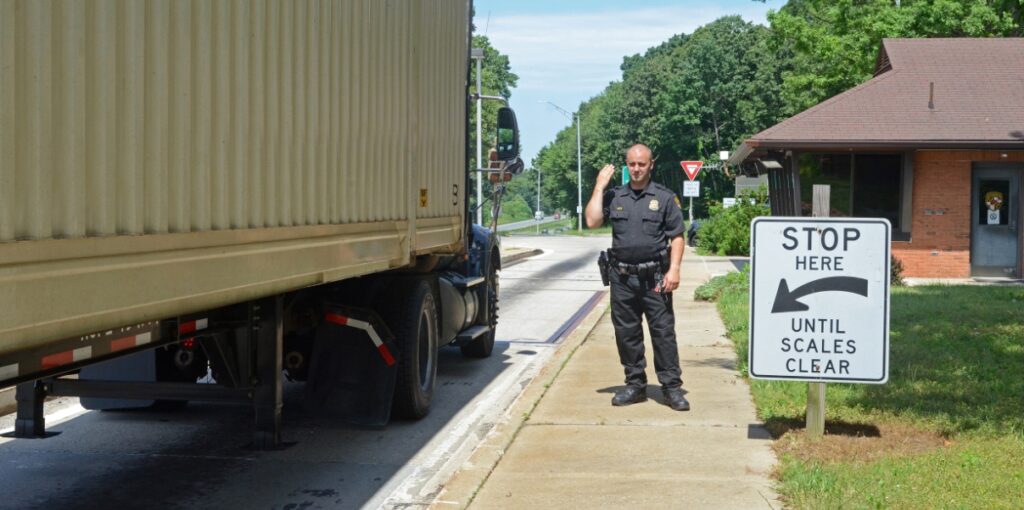There may be some relief for truckers who are stuck waiting in long lines to pick up and deliver cargo that’s targeted for emergency relief during the COVID-19 coronavirus threat. Hours of Service are being waived under some circumstances, to provide carriers and drivers with greater flexibility when they haul urgently needed products.
The Federal Motor Carrier Safety Administration has issued an emergency declaration, exempting motor carriers from certain Hours of Service regulations if they are transporting essential supplies and equipment for coronavirus relief efforts.

Rare exemption
This is a rare nationwide declaration. Most similar HOS relief declarations have targeted specific states or regions when there have been severe weather events such as hurricanes or snowstorms.
Supply chains have been stressed, so shippers have relied on flexibility from the spot market to deliver much-needed supplies. Freight brokers and small trucking companies are active across the country to restock stores with food and essentials and to rush medical and sanitary supplies to hospitals, clinics, and crisis centers.
Waiver won’t affect capacity and rates
A relaxation of the drivers’ Hours of Service rules typically makes it easier to find trucks, which would push rates lower. In this case, however, the waiver will probably not have much impact on overall capacity or rates.
One reason is that the declaration is not a blanket HOS suspension. It applies only under limited circumstances, and only to freight that is related to coronavirus relief, such as:
- Food for emergency restocking of stores
- Medical supplies for COVID-19 testing and treatment
- Supplies for community safety and sanitation
- Equipment and supplies for temporary housing or quarantine purposes
See what supplies are included in the exemption by reading the full declaration here.
The directive notes that “assistance does not include routine commercial deliveries, or transportation of mixed loads that include essential supplies along with supplies, equipment and persons that are not being transported in support of emergency relief efforts.”
Also, the waiver does not suspend the daily 10-hour break, although it might be delayed under some circumstances. Once a driver has completed delivery under the terms of the HOS waiver, he or she is permitted to return to a home terminal before taking the 10-hour break. If a driver is too tired, however, the carrier must permit the driver to take that break as soon as it’s practical and safe to do so.
With so much unscheduled and re-scheduled freight in the pipeline, the disruption and lack of predictability will quickly offset any additional on-duty hours. Rates will vary widely on individual, point-to-point lanes, as some markets are heavy producers of freight while others are primarily consumers. A lane where critical freight moves from producers to consumers is going to see higher rates than the reverse direction on the same route.
The emergency declaration will remain in place until April 12 or until “termination of the emergency,” whichever occurs first.


